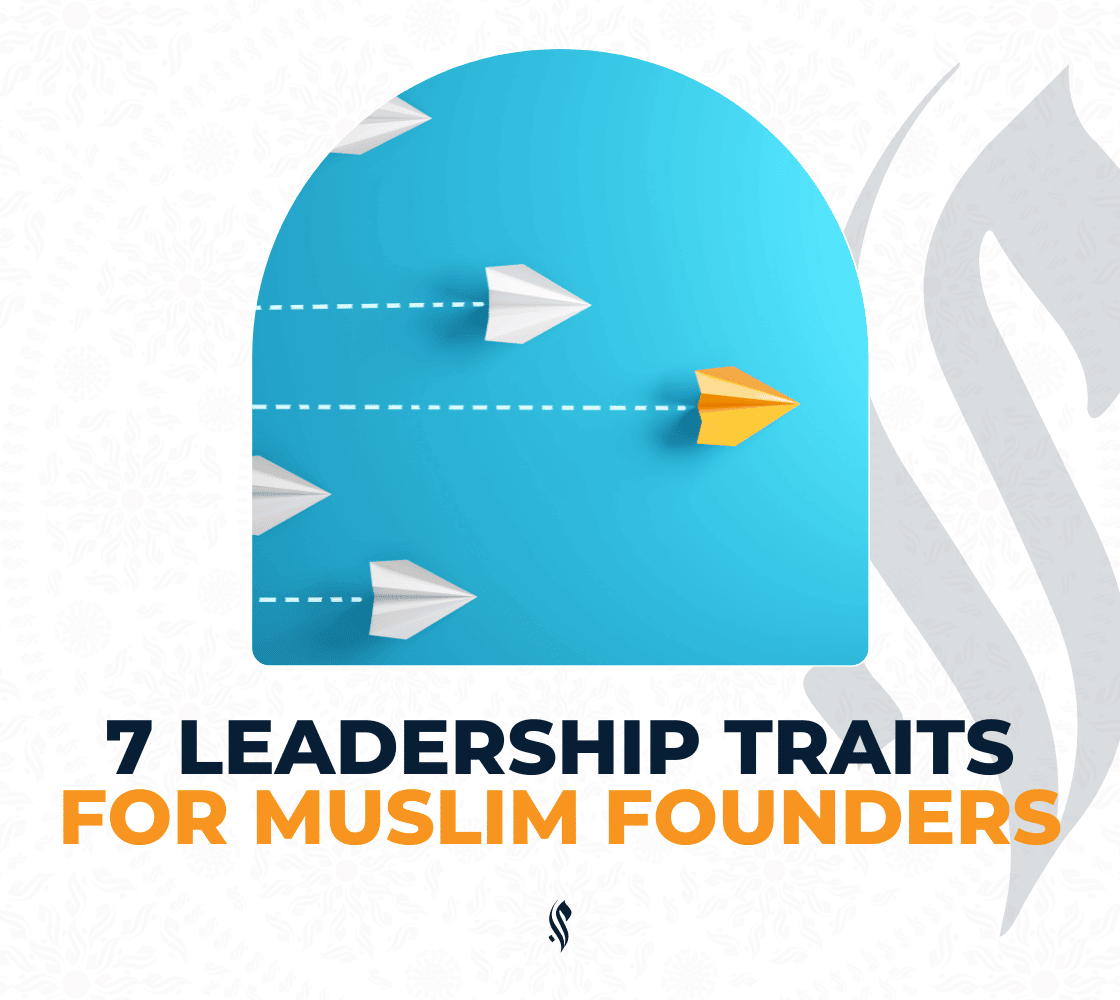

1. Amanah (Trustworthiness)
Verily! Allâh commands that you should render back the trusts to those to whom they are due...(Quran4:58)
Leaders must maintain integrity in all their dealings, as breaking trust erodes credibility and undermines business relationships.
2. Shura (Consultation)
And consult them in the affairs...(Quran3:159)
The Prophet Muhammad (ﷺ) practiced consultation with his companions on significant matters, including during the Battle of Uhud. This shows that even the best leaders involve others in decision-making, ensuring that their perspectives are considered and valued.
Subscribe to Muslim Founder's Newsletter
The only newsletter you need to start & grow your Muslim business, Insha'Allah.
100% Free. No Spam Guaranteed.
3. Niyyah (Intention)
Verily, actions are judged by intentions... (Bukhari)
Having a clear, ethical vision aligned with Islamic values ensures that leadership remains grounded in purpose and spiritual integrity.
4. Adl (Justice)
O you who believe! Stand out firmly for justice, as witnesses to Allâh, even though it be against yourselves, or your parents, or your kin, be he rich or poor, Allâh is a Better Protector to both (than you). So follow not the lusts (of your hearts), lest you avoid justice; and if you distort your witness or refuse to give it, verily, Allâh is Ever Well-Acquainted with what you do. (4:135)
The Prophet Muhammad (ﷺ) is a model of fairness, whether in distributing wealth or resolving disputes. A just leader ensures that all stakeholders—employees, partners, and customers—are treated equitably, fostering trust and loyalty.
5. Tawadu’ - Humbleness
And the (faithful) slaves of the Most Gracious (Allâh) are those who walk on the earth in humility and sedateness, and when the foolish address them (with bad words) they reply back with mild words of gentleness. (25:63 Quran)
Having a clear, ethical vision aligned with Islamic values ensures that leadership remains grounded in purpose and spiritual integrity.
6. Sabr (Patience)
Patience (Sabr) is a key trait for leaders, particularly when facing challenges. The Qur'an frequently advises believers to remain patient in the face of adversity:
O you who believe! Seek help in patience and As-Salât (the prayer). Truly! Allâh is with As-Sâbirûn (the patient).
The Prophet Muhammad (ﷺ) demonstrated immense patience in the face of hardship, criticism, and conflict, and his perseverance led to lasting success. Muslim leaders should adopt a similar approach, understanding that trials are part of leadership and business.
7. Sadaqah - Generosity
The likeness of those who spend their wealth in the Way of Allâh, is as the likeness of a grain (of corn); it grows seven ears, and each ear has a hundred grains. Allâh gives manifold increase to whom He wills. And Allâh is All-Sufficient for His creatures’ needs, All-Knower.
A Muslim leader should not only focus on profit but also on the well-being of employees, customers, and society at large. Practicing generosity creates a culture of care and encourages others to follow suit.
Subscribe to Muslim Founder's Newsletter
The only newsletter you need to start & grow your Muslim business, Insha'Allah.
100% Free. No Spam Guaranteed.

